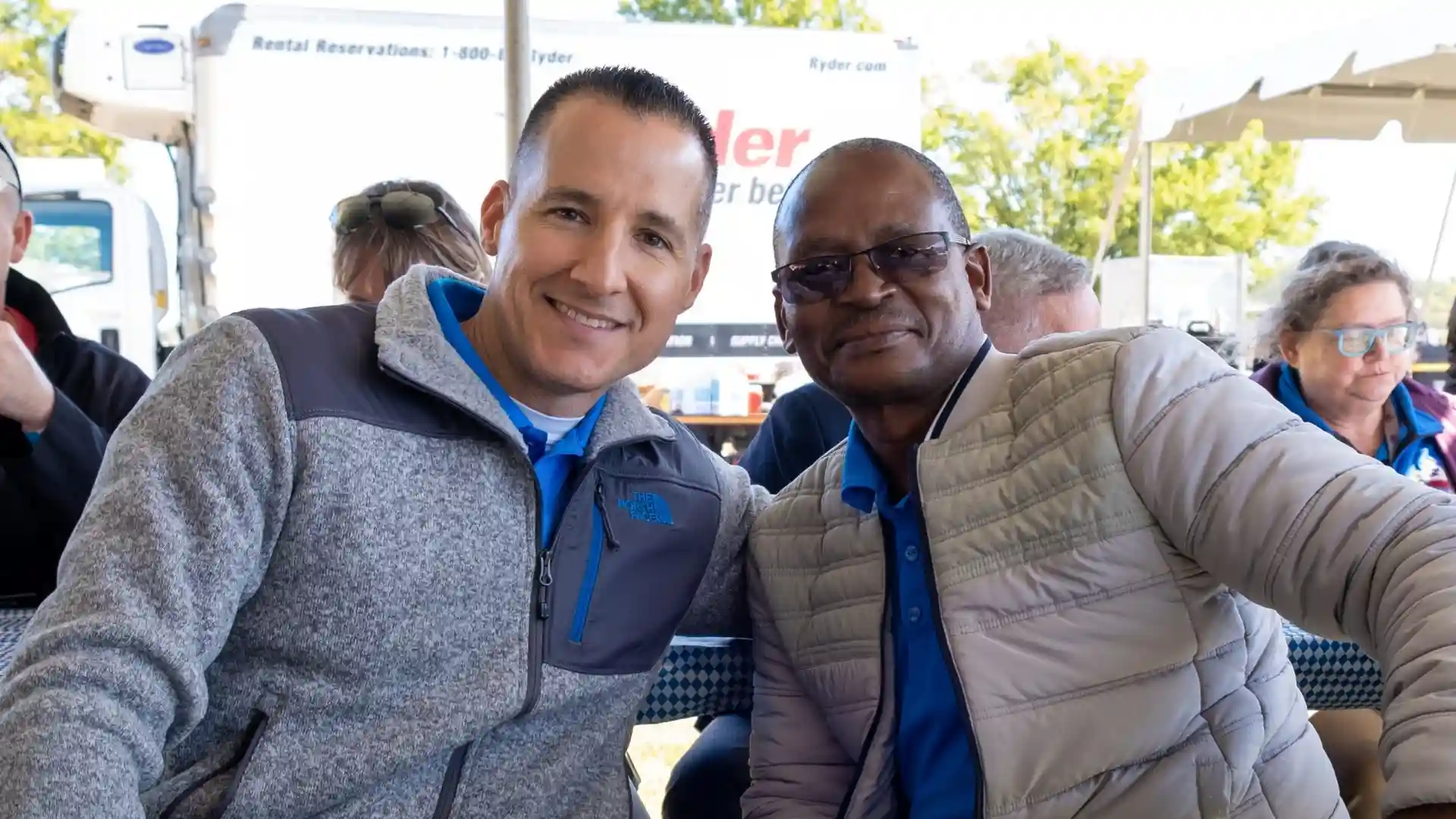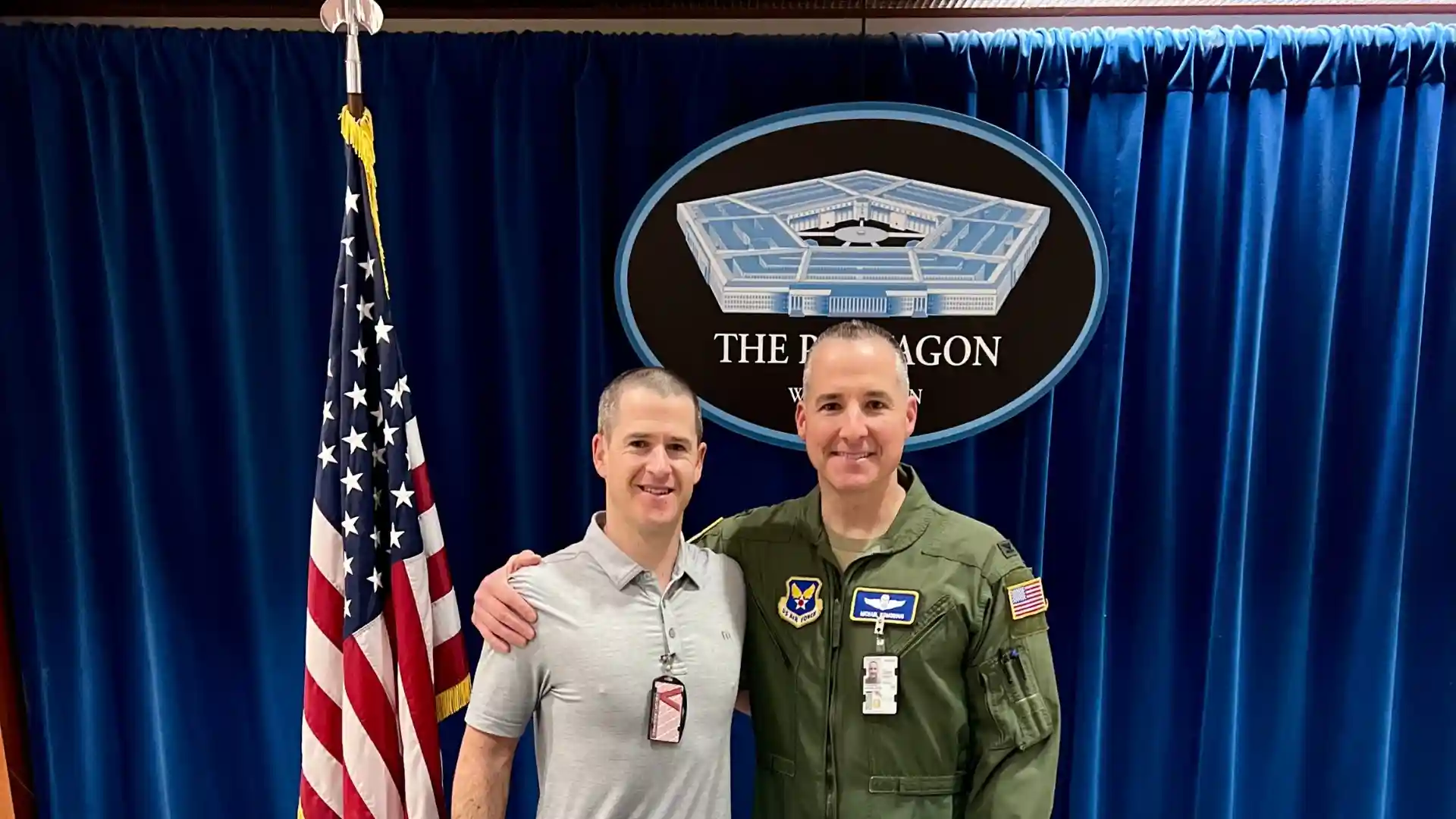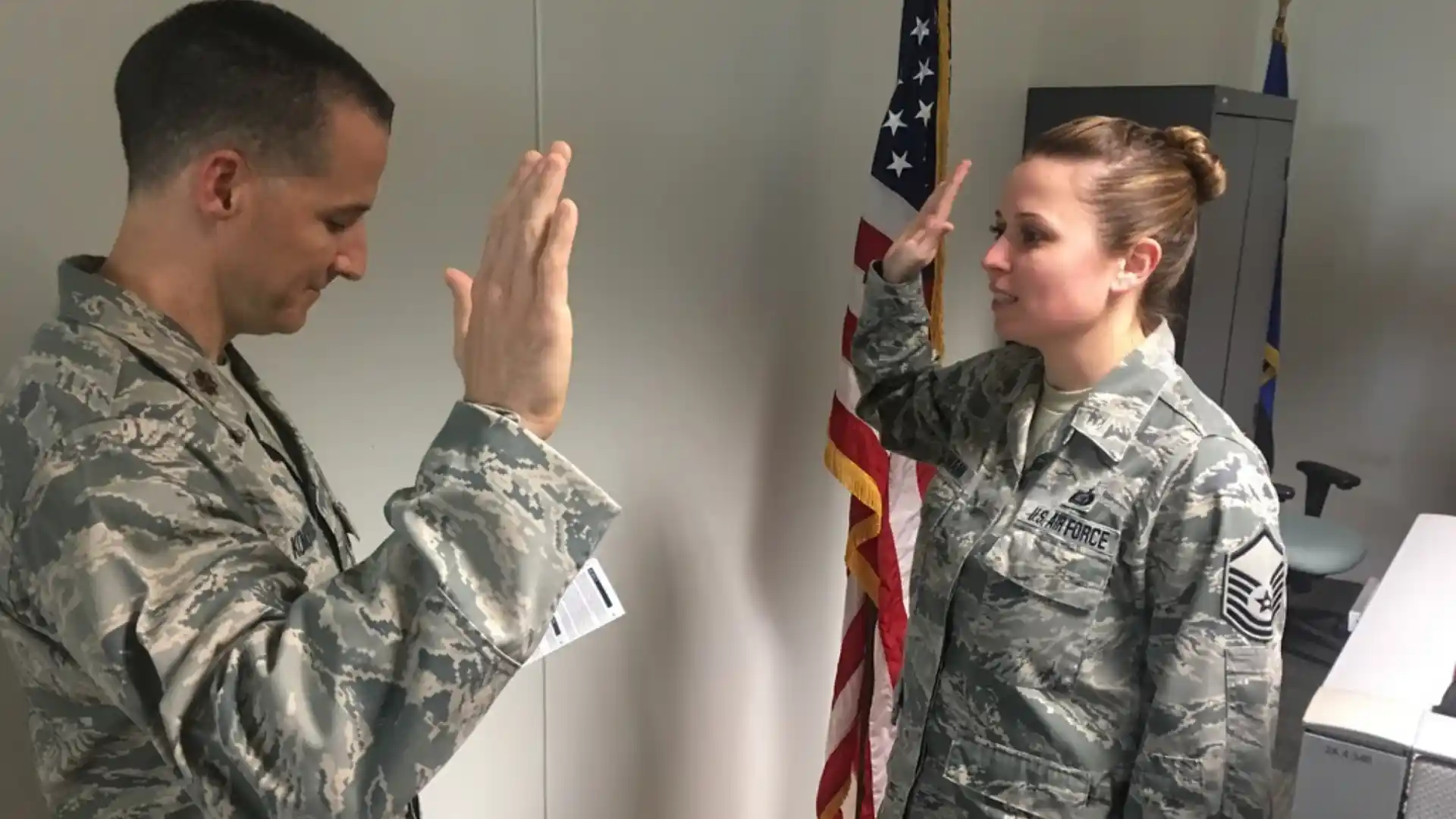The life of a Military spouse is unlike anything else. It’s filled with love, pride, and purpose—but also sacrifice, uncertainty, and a lot of adjusting on the fly. I’ve seen it firsthand. When we got that first PCS notice, we had less than a month to pack, plan, and say goodbye. It’s a whirlwind that never really slows down. These spouses may not wear the uniform, but they carry a different kind of weight—one that holds the family together. Understanding what they go through every day helps us appreciate just how vital they are to military life. In this article, I want to walk you through some of those everyday struggles—and show how these incredible spouses keep the Voice of Valor alive in their own quiet way.
Table of Contents
ToggleThe Emotional Struggles of Military Spouses
One of the biggest challenges military spouses face is the emotional toll. And I don’t mean the occasional bad day. I’m talking about those long nights alone, the worry that creeps in during deployment, and the deep ache of missing someone every single day. When my spouse was deployed to the Middle East, there were weeks when all I could do was count down the days and hope I wouldn’t miss the next video call. It’s hard. Really hard. Sure, we have FaceTime and texts—but those can’t replace a hug after a long day or someone to help with the kids when everything’s falling apart.
Spouses live with the fear of danger hanging in the background. They support their partner’s mission, but that doesn’t make it easier. The anxiety, the waiting, the stress—it adds up. Over time, it wears on their well-being. And yet, somehow, they keep going. Their courage might not be on display, but it echoes through every moment of strength, every call answered with a smile, and every day they hold the family together. That’s the Voice of Valor in action.
Coping with Long Periods of Separation
Separation is baked into military life. Whether it’s a deployment or a training mission, military spouses are used to managing everything alone. I remember a yearlong separation where I had to be both mom and dad, fix a leaky sink, and still show up for work with a smile. That’s just how it goes. Some separations are short, some last over a year—but they all leave a mark.
Ways to cope with long periods of separation:
- Maintaining communication: Even quick check-ins keep the connection strong. A text from overseas can make your whole day.
- Building a support network: Having a friend to vent to or a fellow spouse who gets it can be a lifesaver.
- Establishing routines: Routines give structure—and structure gives peace.
- Focusing on personal goals: Whether it’s school, work, or a new hobby, having something for yourself matters.
- Joining support groups: These groups offer advice, laughter, and understanding—sometimes all at once.
The stress of doing it all alone can take a toll. Physical and emotional exhaustion are real, even if they’re hidden behind a strong face. And while we’re grateful for the tech that helps us stay connected, nothing replaces the comfort of having your partner home. Still, these spouses press on. That silent strength is the Voice of Valor those lives in them every day.
Balancing Career and Military Life Responsibilities
Career challenges are another big hurdle. Every move means starting over. I’ve lost count of how many times I’ve updated my resume or had to explain yet another gap in employment. For many military spouses, professional dreams get paused or rerouted—not because of a lack of skill, but because military life makes long-term planning almost impossible.
They often have to choose between advancing their careers or supporting their spouse’s mission. It’s not fair, but it’s the reality. Some find ways to pivot—remote jobs, freelancing, certifications they can take anywhere—but it takes grit and flexibility. The resilience it takes to rebuild, again and again, is remarkable. And through it all, the Voice of Valor helps them stay grounded—reminding them that their work, both inside and outside the home, matters deeply.
Maintaining Mental Health During Deployment
Mental health becomes a daily battle during deployment. You’re not just managing the house—you’re carrying the emotional load for the whole family. I’ve had moments where I felt like I was hanging on by a thread, trying to stay strong for the kids while secretly falling apart after bedtime.
Maintaining mental health during deployment:
- Seeking professional support: Therapy isn’t weakness—it’s survival.
- Staying physically active: Even a walk around the block helps clear your mind.
- Practicing self-care: That might mean a good book, a bath, or just a quiet cup of coffee.
- Staying socially connected: A text from a friend who understands can turn your day around.
- Mindfulness and relaxation: Breathing exercises, meditation—whatever it takes to stay steady.
Anxiety and depression are more common than people realize. The weight of not knowing when—or if—your partner is coming home is crushing. Support systems are essential. That might mean a therapist, a support group, or even just a friend who listens. These spouses fight invisible battles, and they deserve all the resources we can offer. Through it all, their steady determination reflects the Voice of Valor—calm, resilient, and unwavering.
Conclusion
Military spouses face a unique set of challenges that often go unnoticed. They stand strong in the shadows, carrying burdens that many outside the military world will never fully understand. From long deployments to career setbacks and mental health struggles, they give so much—quietly and consistently.
But here’s what I’ve seen over and over: they never give up. They adapt. They support. They rise. And they do it all while holding the family together and keeping hope alive. We owe them our support, our respect, and our gratitude. Because even though they don’t wear the uniform, their courage, sacrifice, and love are what make military families strong. The Voice of Valor speaks through them—and we should never stop listening.







